Healthcare facilities across the United States are experiencing a shortage of registered nurses, causing a high burden on nurses and patient delays, distressing healthcare workers.
In the past 2 years, over 100,000 registered nurses have left the workforce and 610,388 plan to leave by 2027, according to the American Hospital Association.
According to the American Association of Colleges of Nursing, some of the top contributors to the shortage is nursing school enrollment not meeting the public’s demand for services, a large portion of active nurses nearing retirement age and high stress levels impacting job satisfaction.
This is concerning Kent State nursing students like freshman Ainslee Capehart on what it means for her future career. She also recognizes the reasons behind the shortage and its effects on nurses in the field.
“Working conditions drove a lot of people out. Nurses feel underpaid,” she said. “I see people on social media talking about how they burn out in two months”
Healthcare workers Lisa Hess, Vicky Hess and Georgeann Callinan have felt the effects of the nurse shortage.
Lisa Hess, a registered nurse at University Hospitals Main Campus in Cleveland, said although every day is different, there have been a lot of open shifts, and nurses have assisted more patients at once to manage the issue.
“Unfortunately, that means that patients have to wait longer, which becomes a safety issue for everybody,” Lisa Hess said. “We’re all constantly asking every night for overtime for nurses to come in and help.”
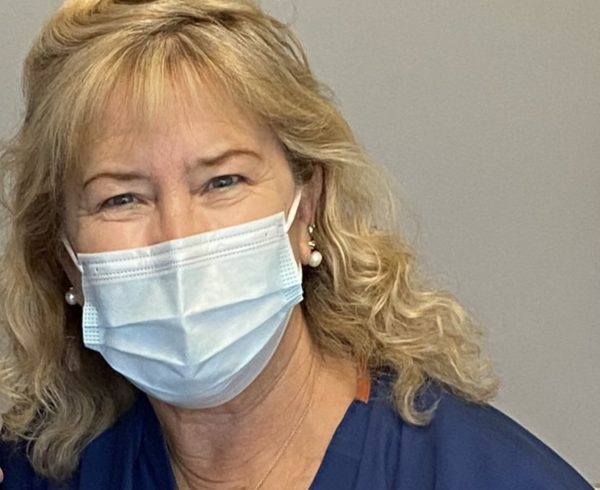
Callinan is also a registered nurse, and she works at the Endoscopy Center of Santa Monica and the Kerlan-Jobe Surgery Center in Los Angeles. She said Kerlan-Jobe hasn’t been affected by the shortage, but the endoscopy center has.
“I have no idea why we’re short [at the Endoscopy Center of Santa Monica], but we are,” she said. “They can’t seem to get full-time people.”
Vicky Hess is a mammographer who works at Hillcrest Hospital in Mayfield Heights, Ohio. She said Hillcrest brought in traveling nurses for extra help, and things have not run smoothly because they aren’t familiar with certain procedures.
“I have to deal with the surgery center and there are certain protocols that are very important when it comes to specimens, and I can tell when they do not have the regular nursing staff,” she said. “They don’t understand orders. They don’t understand when a specimen has to go into formaldehyde, how long it has to be there.”
Regarding nursing staff, Lisa Hess said it changes all the time. She added it’s hard to know how many nurses they’re in need of hiring or picking up shifts because nurses often come and go and the hospital brings in travel nurses for help.
Staffing has been an issue at Hillcrest as well, and Vicky Hess said her impression is the staff is likely short because the facility is adding more work for nurses. She added nurses are being overwhelmed with their patient ratios.
Vicky Hess also said recruiting nurses continued to be another issue. She reiterated Hillcrest’s use of travel nurses to assist regular staff.
“They come in, they work like six weeks, and then they leave,” Vicky Hess said. “They’re not responsible. They’re not really loyal.”
Callinan said herself and directors may have different opinions on what it means to be short-staffed and directors are fine with their number of nurses. She added areas such as pre-op or recovery could be overwhelmed by patients and could use more staff to stay on top of things.
Lisa Hess said a major challenge for nurses right now is being treated poorly by patients. Additionally, she mentioned how that can lead to nurses feeling underappreciated.
“When you come into work and you’re yelled at and you’re treated so poorly, and not by your management, not by administration, but by human beings that have never met you before, it takes its toll,” she said. “[Patients] want things and they want things now… we’re humans, we can only do so much.”
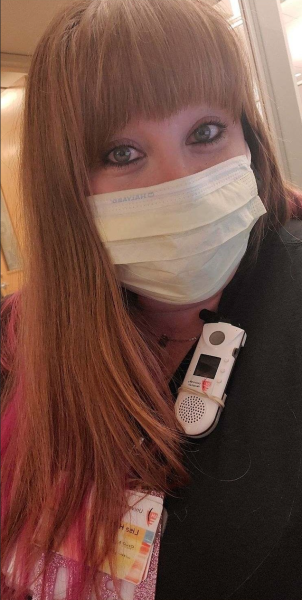
In agreement with Lisa Hess, Callinan said overworking nurses could lead to nurses burning out and quitting. She added that being understaffed could also affect patient care.
“I think the patients do get good care, but you know, if you’re short of people, you’re short of people,” Callinan said.
If the nursing shortage continues, a long term consequence could be putting patients’ care and health at risk. Vicky Hess described a nurse as a patient’s advocate.
“Your nurse knows more about you than anybody at that hospital,” Vicky Hess said. “They’re your go between; they’re the ones that take care of you 24/7.”
In a statement from University Hospitals sent to KentWired, the organization said while it faces challenges from the nursing shortage, it hasn’t stopped it from providing patients with the highest quality care. UH Portage Medical Center received a 5-star rating for quality last summer from the Centers for Medicare and Medicaid Services.
UH has also created multiple pipeline programs in collaboration with community partners such as the university to advance and recruit into the nursing profession. These include the LEAP Program, the Nursing Assistant II position and the RN Internship Program.
Despite her concerns, Capehart also said the shortage will provide her an advantage with a great deal of job security for her future career field.
“I like stability, and I can quite literally go anywhere and get a job wherever I want,” Capehart said. “If I don’t like the conditions somewhere, I can go somewhere else really easily.”
John Engoglia is a reporter. Contact him at [email protected].


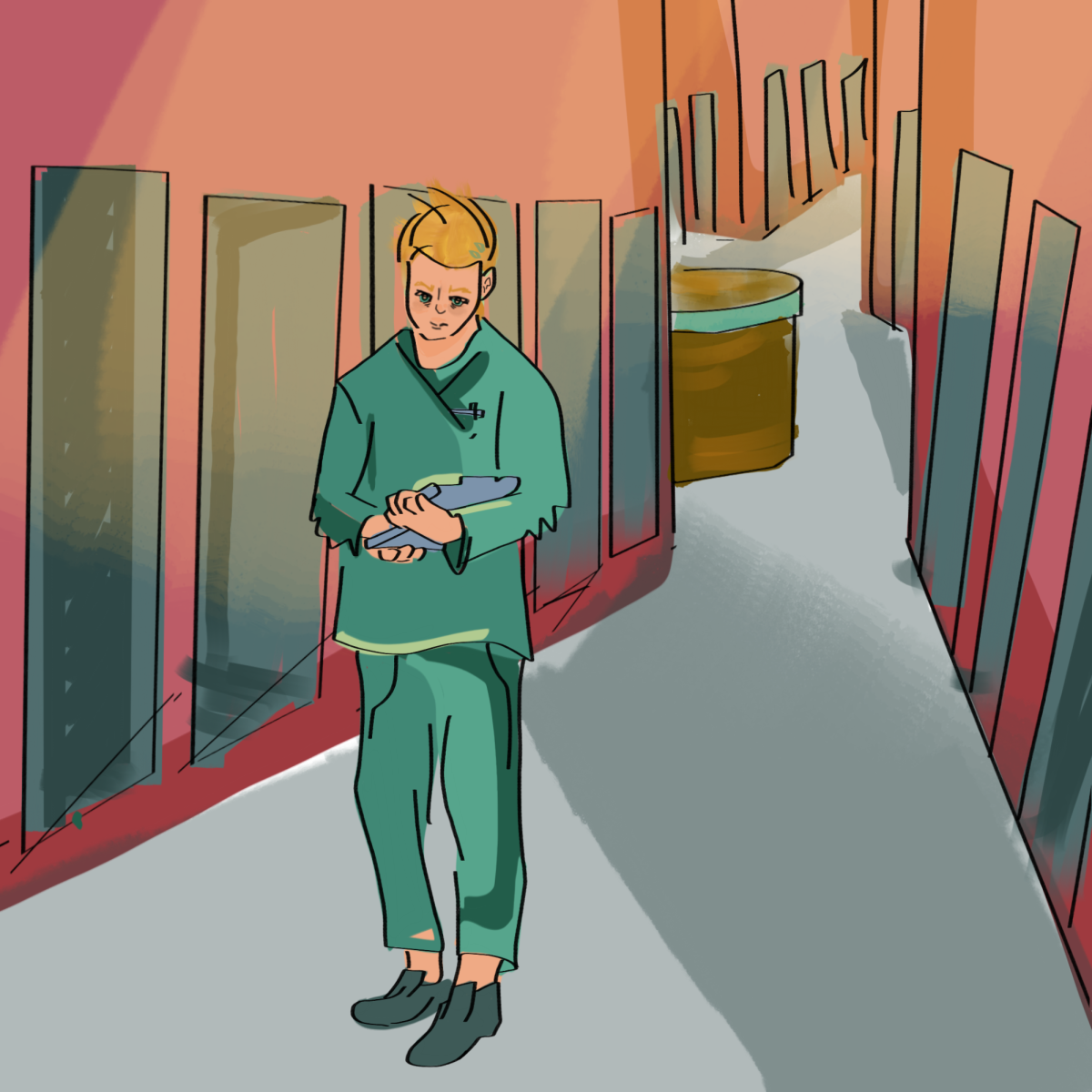



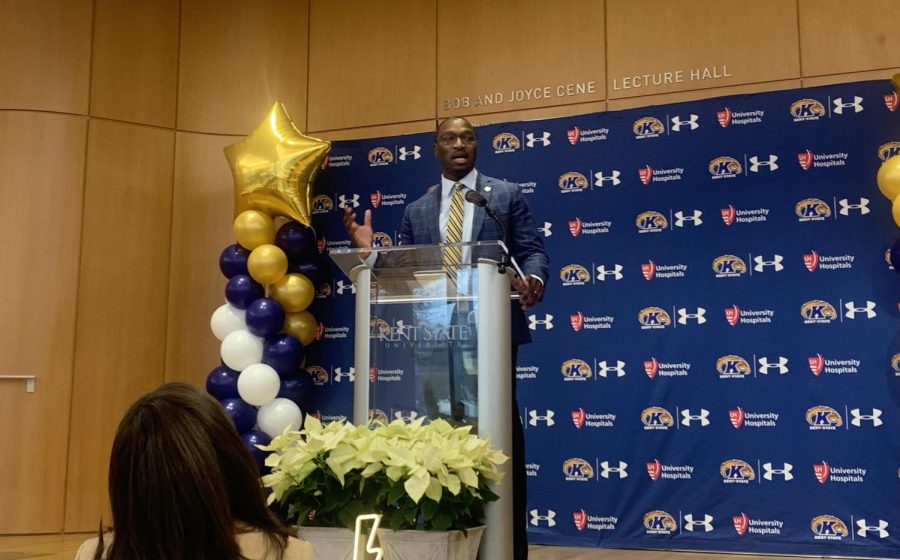
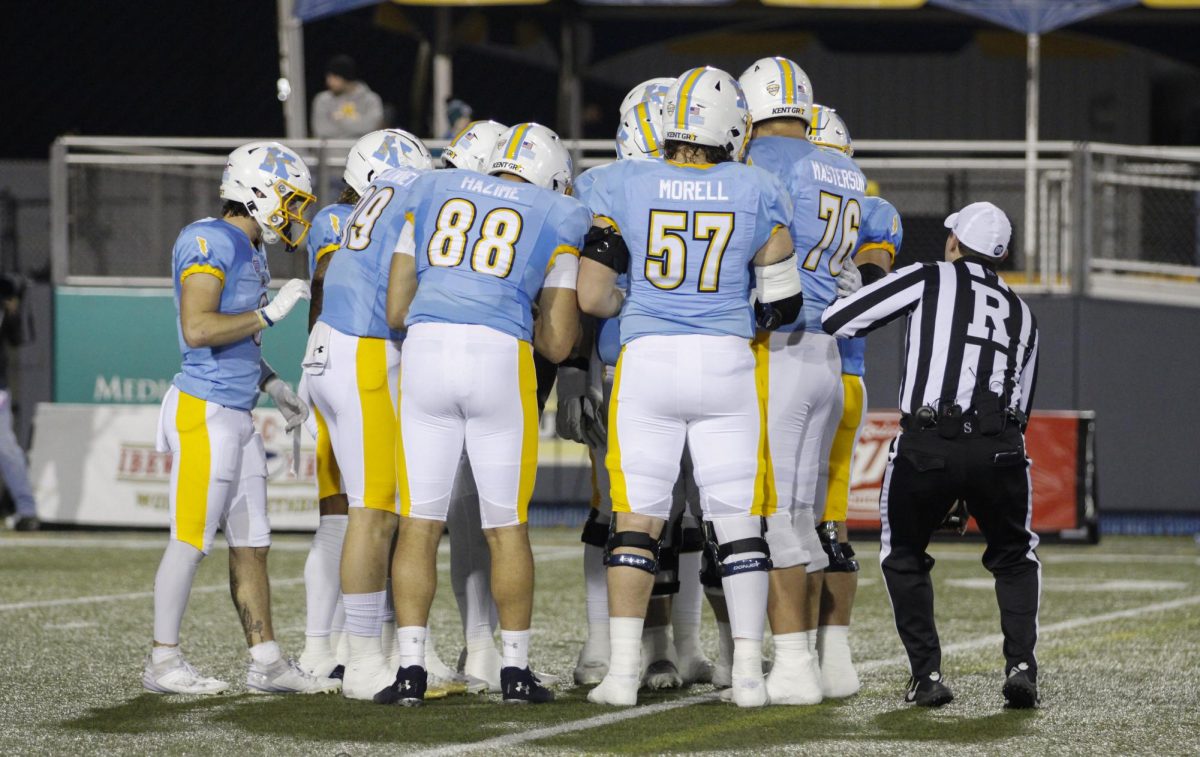

Neil Hess • Mar 23, 2024 at 7:13 pm
Well written,
Succinct and informative.